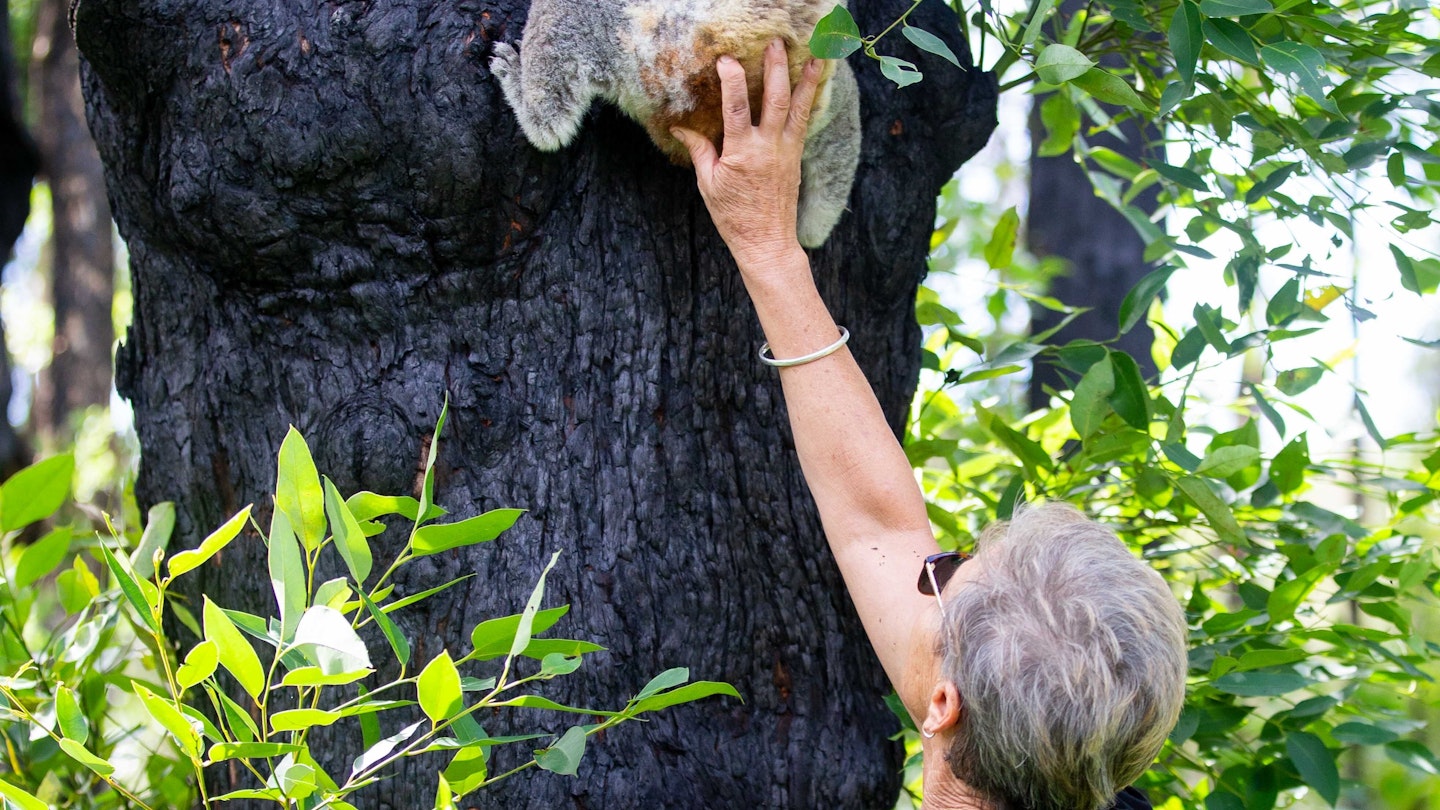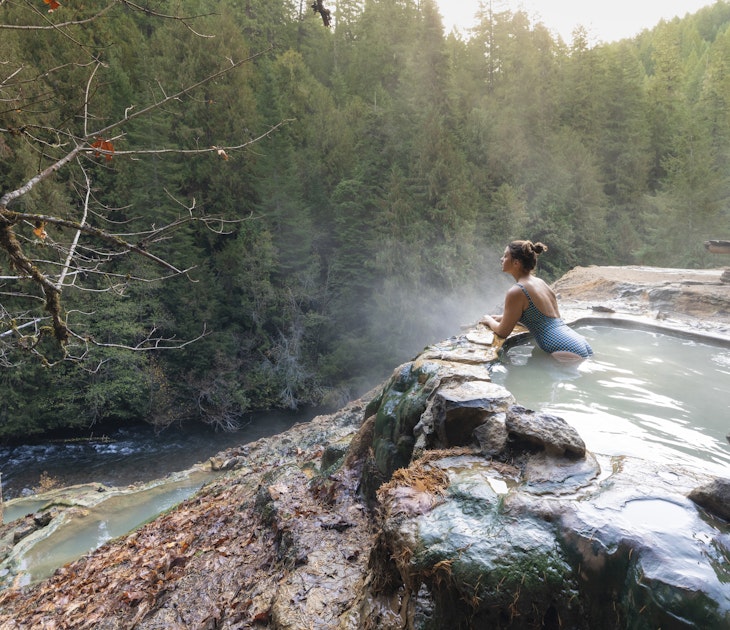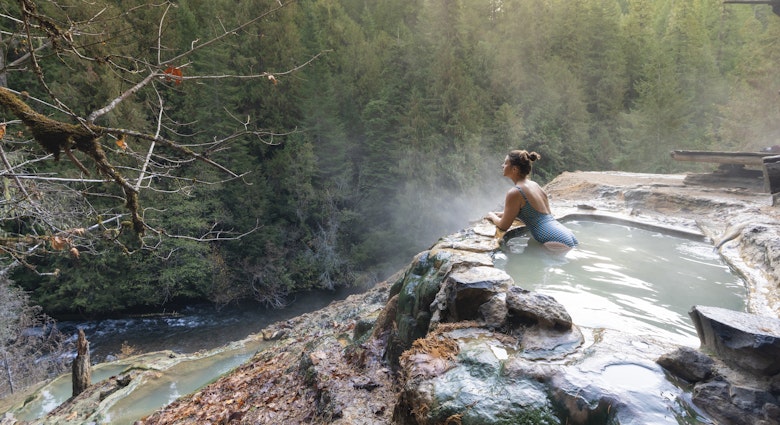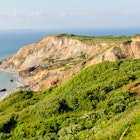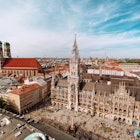When the worst bushfires in Australia’s history spread through New South Wales last year, more than a billion animals were reportedly killed, with koalas hit particularly hard. Two recent studies put the death toll somewhere between 6382 and 10,000 – either way, a significant percentage of the marsupials’ overall population – while others were treated for severe burns and dehydration. Now some of the patients are being released back into the wild, and in a positive twist, they’re doing it sooner than expected.
On the country’s east coast, Port Macquarie Koala Hospital took in 79 koalas while the blazes raged, and by late April, 26 had been returned to their habitats at Lake Innes Nature Reserve and Crowdy Bay National Park. “Our aim is to release all koalas to the area they came from, many from the same tree they were rescued from,” hospital president Sue Ashton tells Lonely Planet, adding that nine koalas were also returned to a wildlife care group that rescued them after the hospital provided a few months of additional treatment.
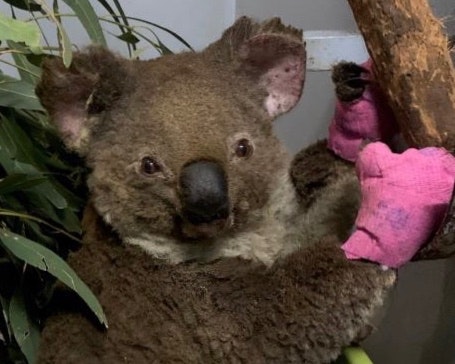
“Most were in our care from early November until early April,” Ashton says. “We had thought we'd need to keep them until June, but the area had a lot of rain and the koala habitat regenerated much faster than we expected. As all the koalas were healthy again and their habitat had returned, we made the decision to release them back into the wild.”
When the animals arrived at Port Macquarie, most were suffering from severe burns and dehydration and spent a day in intensive care, where they were given fluids, anaesthetised, and assessed for treatment. “Many had burnt arms and legs, some had burned noses and ears,” Ashton says. Hospital staff cleaned their wounds, cut off dead skin, and applied a burn cream called Flamozine, then gauze and dressings, which were replaced every few days until the wounds had healed enough to go without. “Once they no longer needed dressings, we moved the koalas from intensive care – inside enclosures – into enclosures outside in the sunshine and fresh air,” Ashton says.
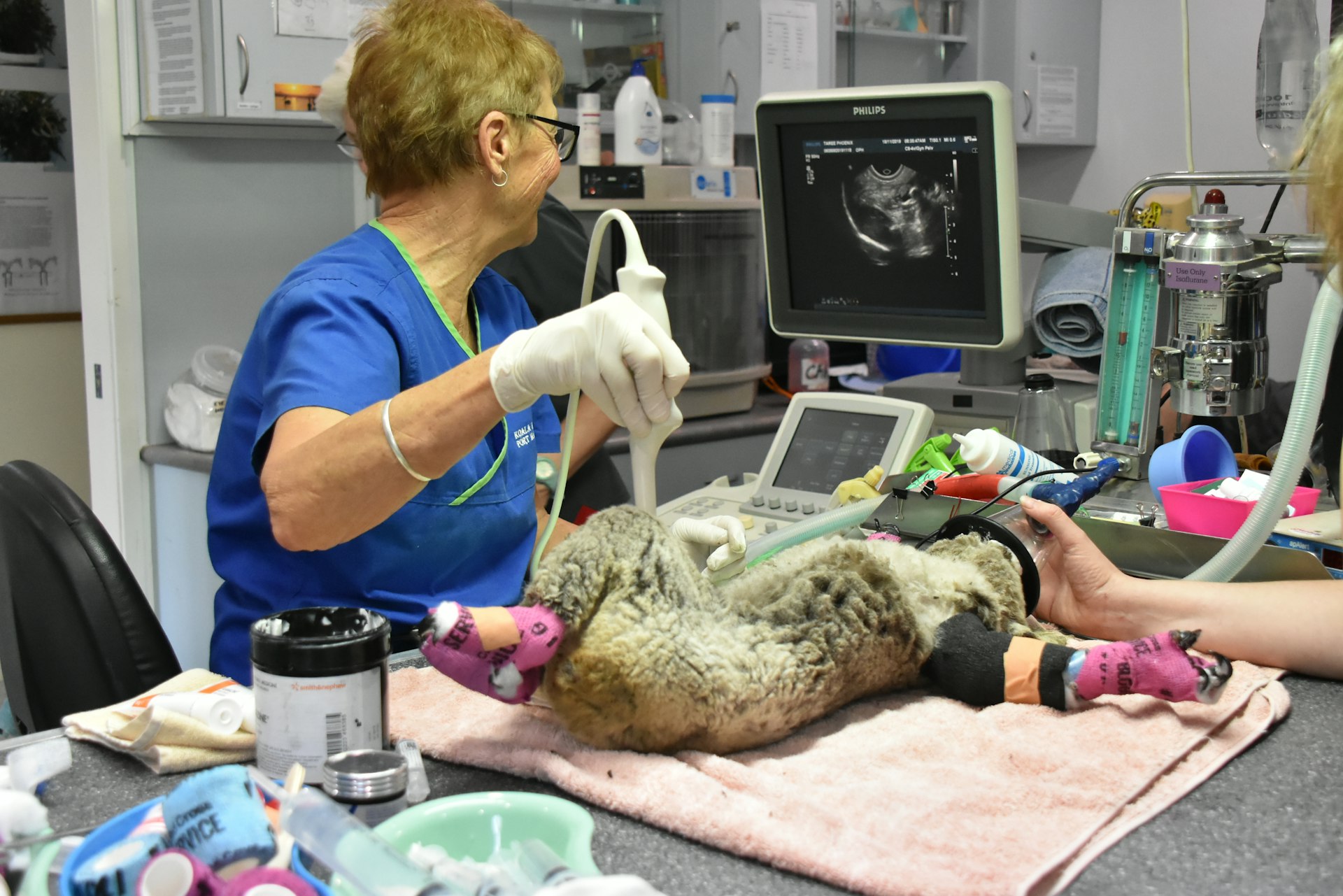
The hospital’s policy is to refrain from touching or talking to the koalas – “they are wild animals and our aim is to rehabilitate them enough to release them back into the wild,” Ashton notes – but it can be tough to keep them at arm’s length. “It's almost impossible not to become attached to them,” she says. “They are all individuals with unique traits and behaviours.”
It may be good news for the recently discharged patients, but some of the burn victims are still in the hospital’s care, with two otherwise-healthy young males on track to become permanent residents. “Their claws were burnt off and they have not regrown,” Ashton says. “A koala without claws would not survive in the wild.”
Even before the fires, though, the slow-moving marsupials were struggling to survive. “Koalas were already living on the brink before these fires, with populations declining in many areas due to excessive land clearing, disease and roadkill and local extinctions already known to have occurred. This disaster and the ongoing nature of the threats could push koalas over the edge,” International Fund for Animal Welfare campaigner Josey Sharrad said in a press release. “This is a koala emergency. Koalas must be immediately uplisted to Endangered on an emergency basis and a moratorium on all harmful activities impacting koalas enforced to allow surviving populations some breathing space while their capacity to recover is further assessed.”
For more information, to adopt a koala, or make a donation, visit koalahospital.org.au.

